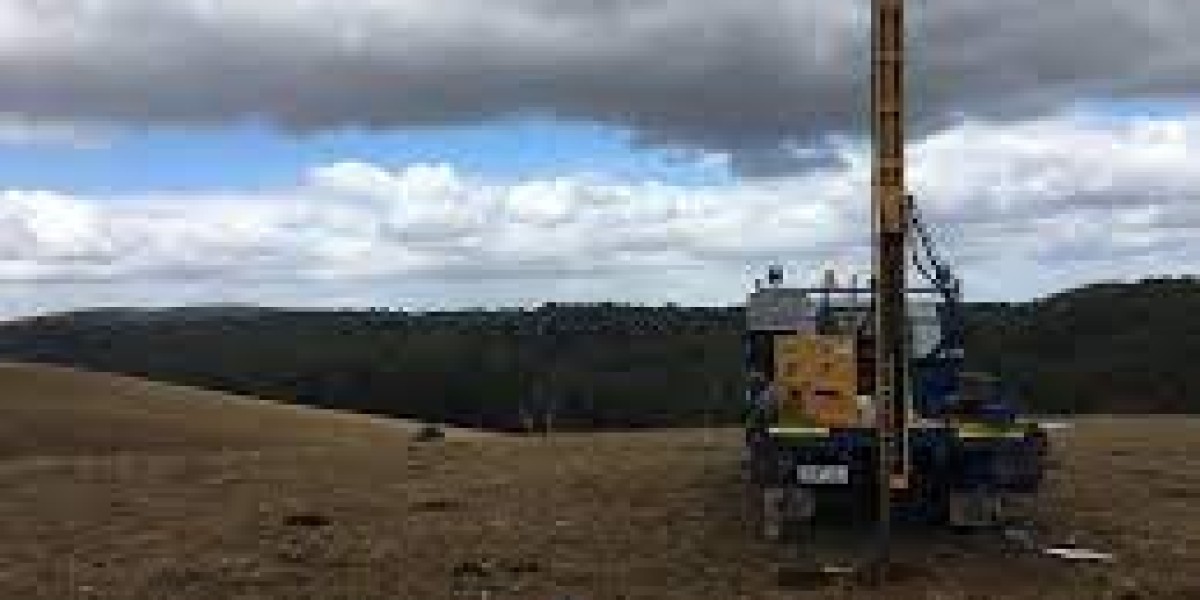In the pursuit of sustainable development and responsible land use, the importance of new sewage system land testing and land capability assessments cannot be underestimated. LandCapabilityAssessmentVictoria, a trusted name in soil and land assessment services, is here to shed light on the significance of these practices and the associated costs. In this blog, we will explore the critical role of new sewage system land testing, the factors impacting land capability assessment costs, and how LandCapabilityAssessmentVictoria is at the forefront of fostering sustainable land use in Victoria.
The Need for New Sewage System Land Testing
Modern Sewage Systems
Sewage systems are the backbone of modern urban and rural living, providing a critical service for the removal and treatment of wastewater. New sewage systems are designed to be efficient, environmentally friendly, and compliant with local regulations.
Soil Suitability
The success of a new sewage system heavily depends on the suitability of the soil where it will be installed. Inadequate soil conditions can lead to system failures, environmental contamination, and costly repairs.
Compliance with Regulations
In Victoria, like in many regions, sewage system installations must comply with local regulations and standards. Land testing ensures that the chosen site meets the necessary criteria.
Environmental Responsibility
New sewage system land testing is an essential component of responsible land development. It prevents pollution, safeguards public health, and minimizes the environmental impact of wastewater treatment.

The Basics of New Sewage System Land Testing
Soil Percolation
One of the fundamental aspects of land testing for sewage systems is soil percolation. This test measures how quickly the soil absorbs water. It provides critical data on the soil's ability to handle wastewater.
Soil Composition
The composition of the soil is also assessed, including its texture, structure, and the presence of any limiting layers. This information helps determine the soil's suitability for effluent disposal.
Site Evaluation
In addition to soil-specific assessments, a site evaluation considers factors like topography, proximity to water bodies, and the presence of sensitive areas. All of these elements impact the feasibility of sewage system installation.
Compliance Assessment
Land testing is conducted to ensure compliance with local regulations. These regulations dictate setbacks, treatment requirements, and other parameters for sewage system installations.
Land Capability Assessment Costs: What to Expect
Testing Complexity
The complexity of the testing process influences land capability assessment costs. More in-depth assessments, involving multiple soil tests and site evaluations, are likely to be more expensive.
Site Accessibility
The accessibility of the site can also affect the costs. Sites that are difficult to reach or require specialized equipment for testing may incur higher expenses.
Regulations and Reporting
Land capability assessments involve compliance with regulations and often require detailed reporting. These administrative aspects can contribute to overall costs.
Local Factors
Local factors, such as the availability of soil testing services and competition in the area, can impact the pricing of land capability assessments.
LandCapabilityAssessmentVictoria: Pioneering Sustainable Land Use
Local Expertise
LandCapabilityAssessmentVictoria boasts extensive local expertise. The team understands the unique soil and land challenges in Victoria, ensuring that assessments are tailored to local conditions.
Sustainable Solutions
LandCapabilityAssessmentVictoria is committed to promoting sustainable land use. The team actively seeks opportunities for environmentally responsible sewage system installations.
Advanced Technology
The company employs state-of-the-art technology and soil expertise to provide comprehensive land capability assessments. These assessments support sustainable land development and responsible sewage system installation.
Community Engagement
LandCapabilityAssessmentVictoria actively engages with the local community, promoting environmental awareness and the importance of responsible land development practices.

The Impact of Sustainable Land Use
Pollution Prevention
Sustainable land use, facilitated by thorough land capability assessments, prevents soil and water pollution. It safeguards local ecosystems and ensures the responsible treatment of wastewater.
Public Health
The importance of land testing for sewage systems extends to public health. Proper wastewater treatment and disposal protect public health by preventing the spread of diseases and contamination.
Environmental Stewardship
Land capability assessments are an integral part of environmental stewardship. They help protect natural resources, conserve biodiversity, and promote responsible land development.
Long-Term Savings
Investing in sustainable land use, which includes comprehensive land capability assessments, can result in long-term cost savings. It prevents system failures, costly repairs, and environmental remediation expenses.
Conclusion
LandCapabilityAssessmentVictoria is more than a provider of land capability assessments; it's a catalyst for sustainable development and responsible land use in Victoria. Through comprehensive new sewage system land testing and in-depth land capability assessments, the company ensures that sewage systems are installed in an environmentally responsible and cost-effective manner. With a deep commitment to community engagement and environmental stewardship, LandCapabilityAssessmentVictoria paves the way for sustainable land development that protects public health, preserves the environment, and ensures long-term savings for all stakeholders in Victoria.








